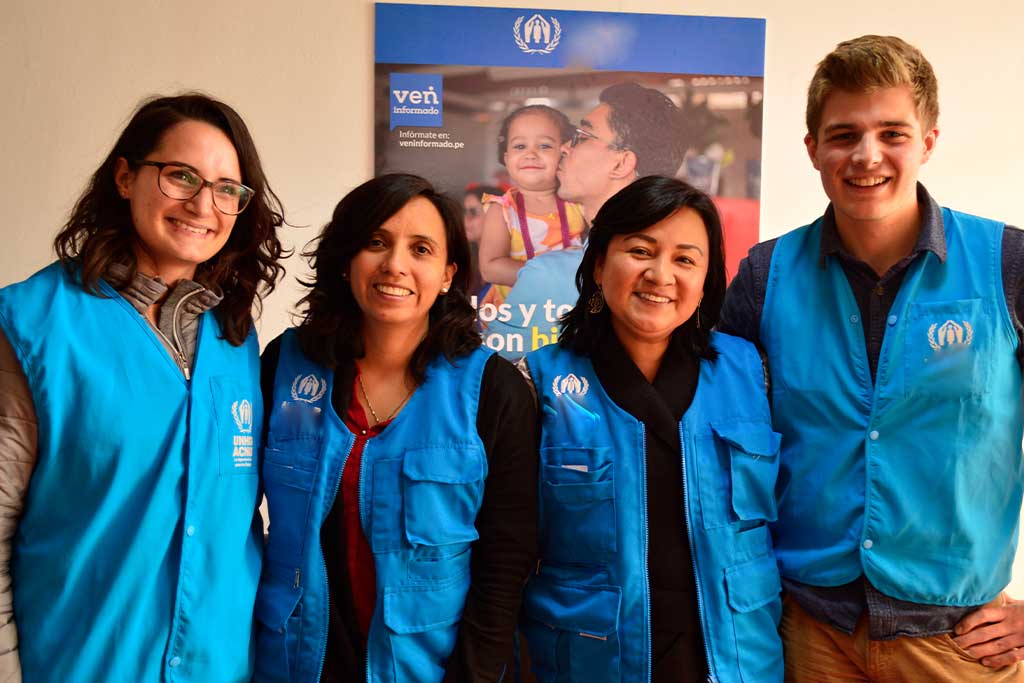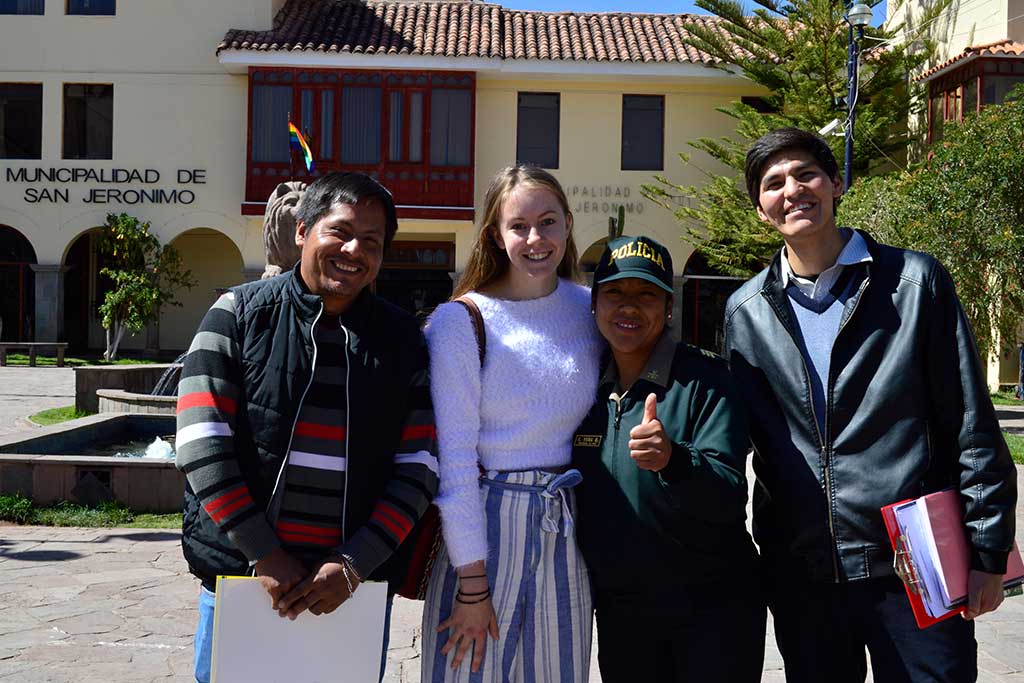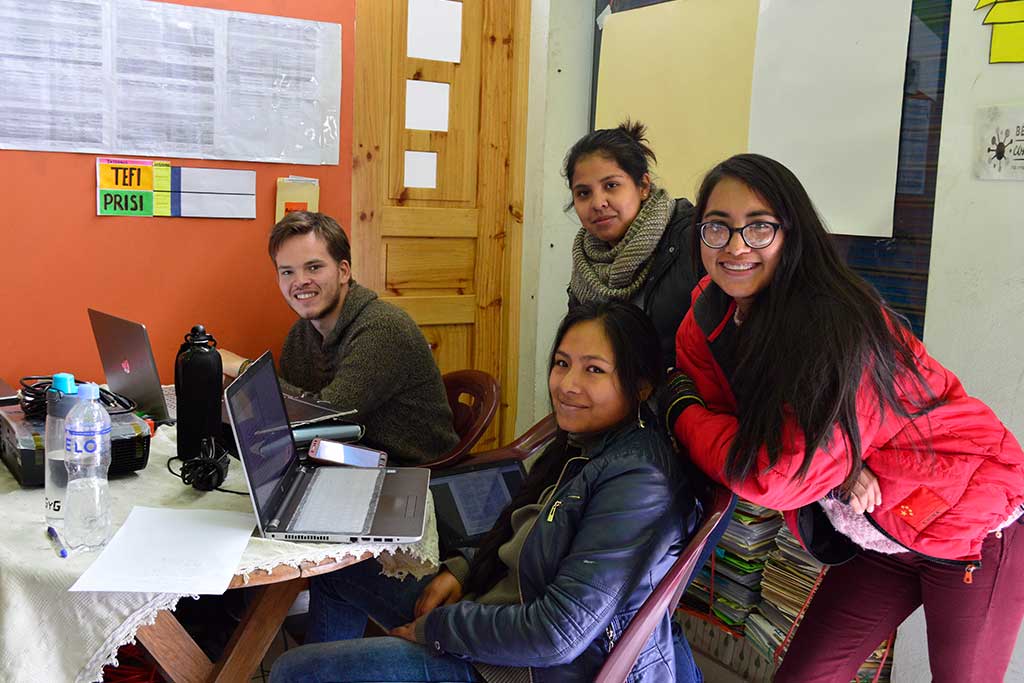I am always trying to meld my passion projects into a viable career. I completed my undergraduate degree through an interdisciplinary program that allowed me to design a curriculum around my interests. This alternative approach to education left me with a background in sociology, public health, communications, and Spanish language. Now that I’m trying to apply these skills in the real world, I decided to pursue a human rights internship.
Interning in social services taught me a lot about public policy and gave me an opportunity to work in a field that powerfully impacts society. Change doesn’t occur overnight but approaching injustice through legislation and community outreach can make a substantial difference for subjugated communities. By gaining work experience at an international NGO, I hoped to steer my career in a meaningful direction. And the only way to truly learn or help is on the ground.

While researching internship opportunities that dealt in human rights, I was particularly drawn to Spanish-speaking countries. I wanted to take my training out of the classroom and into real-life situations so that I could address real needs. It was time to take all of those subjunctive drills into actual conversations—to express my opinion where it mattered. So, I applied for an eight-week internship program through Máximo Nivel, and was placed in an NGO in Cusco, Peru.
In addition to having nearly full-time hours at my internship, I also took one hour of Spanish every day. Getting to practice my Spanish in the workplace helped me improve more than any university course ever had. My improved language skills alone will be a very valuable asset during my job hunt back home. But practicing business Spanish was not the only thing that made my time in Peru worthwhile.
I got to work alongside professional social workers to promote increased awareness and responsibility surrounding immigration issues. The opportunity to play a role in an international relief organization brought me a huge step closer to my personal and professional goals. I have aspirations of working for a body like the International Rescue Committee someday, and this learning experience gave me a better understanding of what that would actually mean.
My ultimate goal is to have a career that contributes to positive social change. I don’t want to put a band-aid on human suffering; I want to learn how to approach human rights systemically to generate lasting results. In the wake of the Covid-19 pandemic, it has become painfully clear that global crises disproportionately affect populations that are already vulnerable. This insight has fueled my growing interest in social work and migration studies.

Whether for political, religious, racial or ideological reasons, marginalized communities have become even more at-risk during this widespread health crisis. However, individual citizens do not have the resources to bring better healthcare to refugee populations for example. This is why becoming part of a pre-existing project was so valuable. Yes, I was helping the community, but I was also learning a lot about how to approach human rights in the professional world.
Interning internationally was also very suitable to the field of social work. Even localized humanitarian efforts are part of a greater global framework, especially when they concern human migration. In Peru, I was very disheartened to learn about the frequent discrimination that takes place against Venezuelan immigrants. Because of Venezuela’s unstable political and economic climate right now, there are large populations of displaced Venezuela natives in other Latin American countries.
Like stigmatized perceptions of Mexican immigrants in the southwestern United States, the rhetoric I heard surrounding immigration in Peru was both generalized and unfavorable. Because of this, the branch of the agency I interned for was particularly focused on community outreach and education. Not only did migrants need practical help, but the Peruvian community also needed to learn about their Latin American neighbors who are fleeing violence and poverty.

Society cannot progress unless human rights issues are humanized. And it was not only the local community that had a lot to learn about immigration policy and the terminology that surrounds it. I have become a lot more conscious of the words I choose since completing my internship. My supervisors used the term “mixed migration,” which refers to the diverse group of people trying to leave their home countries. This includes asylum seekers, as well as migrants in search of better work opportunities, and even unaccompanied minors.
However, the complex needs of immigrant populations cannot be met by force. My internship taught me to think creatively within the system, rather than fighting against border policies. I was able to observe data collection and analysis processes and assist with the organization’s relief programs. I also learned a lot about publicity and fundraising, as well as facilitating skill building workshops for refugees in need of work.
Community development is a collaborative process, and it is unrealistic for any individual to think that they can tackle centuries of inequities on their own. Interning in Peru gave me the language, experience, and perspective necessary to pursue what I am passionate about in a constructive way. To find a place for the displaced, to grant a voice to the voiceless, I first need to find my own place in the professional world.
